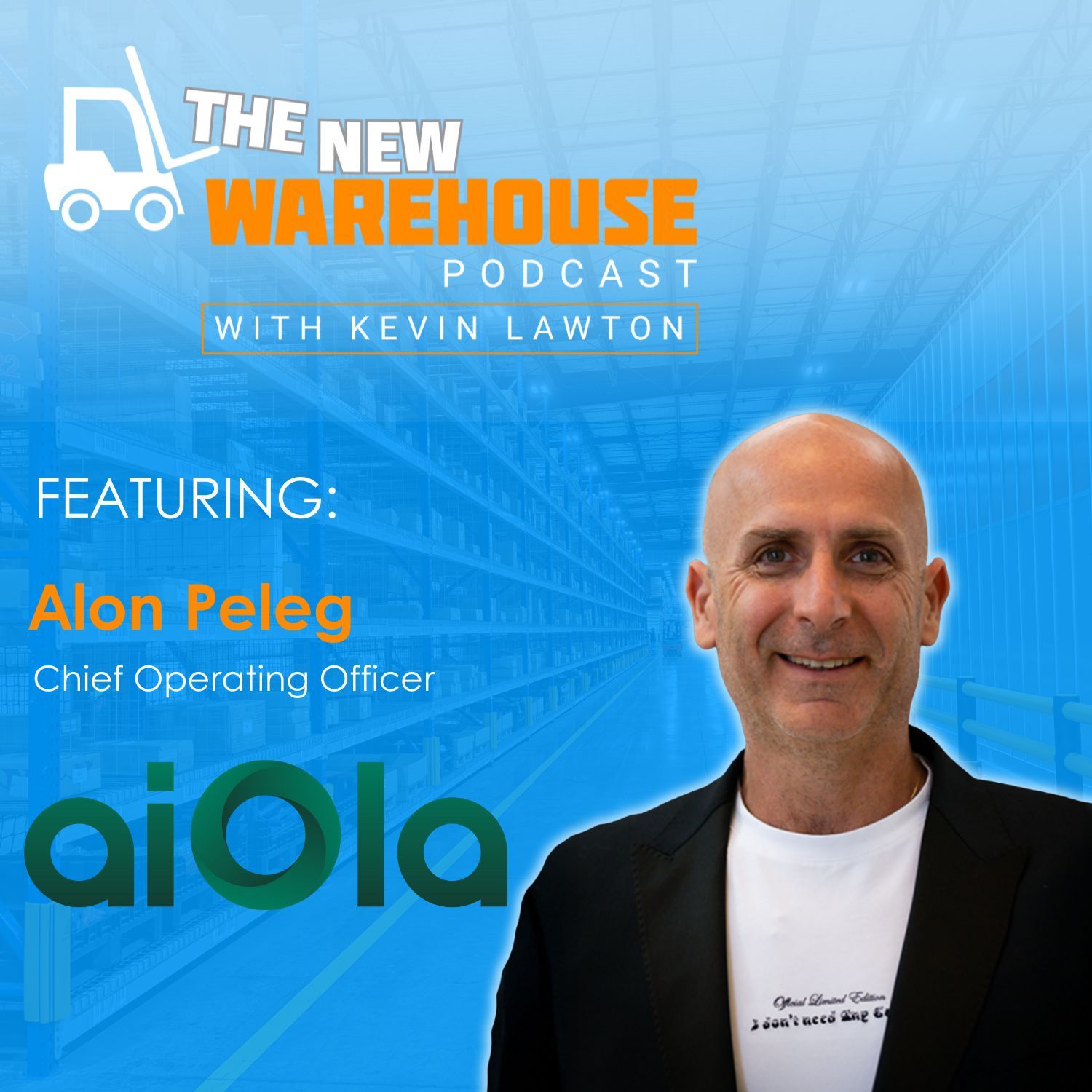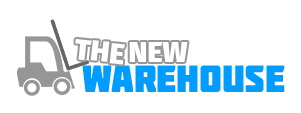
633: Voice AI in Warehousing from aiOla
Kevin chats with Alon Peleg, COO of aiOla, about how voice AI is transforming warehouse operations. AiOla is a voice AI lab that develops technology to convert unstructured spoken data into structured, actionable insights for industries such as logistics, aviation, and manufacturing. Instead of relying on keyboards, tablets, or outdated paper processes, workers can now interact naturally with systems in their own language.
The conversation highlights why voice AI is advancing beyond legacy picking tools, how it handles accents, jargon, and noisy environments, and why it’s accelerating adoption across the supply chain. As Peleg explains, aiOla’s vision is for “1 billion frontline employees [to] stop typing or using pens and paper and [start] doing what they’re used to do. It’s speaking to the machines.”
Natural Voice AI vs. Legacy Voice Tech
Traditional voice systems in warehouses often required workers to speak in rigid, robotic patterns, which limited adoption and sometimes created safety risks. AiOla set out to eliminate those barriers. As Peleg explains, “It should be very natural… You don’t need to speak in English if you are coming from France; you can speak French, and the system can automatically capture the data in English if that’s required.”
The technology also addresses challenges that generic models struggle with, such as handling heavy machinery noise, diverse accents, and company-specific jargon. According to Peleg, “Every company has 40% of its own jargon… names of machines, parts, robots, processes, and products. Other technology will fail. They will not recognize you.” AiOla’s models adapt quickly, enabling real-time conversations between workers and the system—ensuring data accuracy and immediate feedback without disrupting workflows.
Real-Time Reporting and Safety Improvements
One of the most significant benefits of aiOla’s voice AI is real-time visibility. Instead of filling forms later on a PC, workers can instantly record pallet conditions, inventory counts, or defects while on the floor. Peleg noted that in automotive logistics centers, processes ran “30% faster than what they did manually before, typing.”
Safety is another significant advantage. Workers no longer need to look down at tablets or keyboards while handling equipment. Peleg emphasized, “Eyes will be only on the place you want them to look and not on any kind of tablet or PC. Because you just need to speak.” The ability to immediately report safety issues, defects, or hazards in natural speech gives enterprises actionable intelligence at the moment it matters most.
Building Trust with Frontline Employees
Technology adoption isn’t just about systems—it’s about people. AiOla designs its solutions with frontline workers to address their biggest frustrations. As Peleg put it, “They hate to fill data that no one will use. They hate to finish the shift and then start sitting next to a computer and fill long reports that they don’t even remember.”
By starting small, digitizing one painful process at a time, aiOla demonstrates tangible value to workers without disrupting existing systems. This bottom-up approach helps reduce skepticism and fosters trust. Employees also gain pride in leveraging advanced AI tools that make their jobs easier and safer. “Suddenly, they have a way to leverage AI and to say, hey, we are leveraging AI in our day-to-day, which is not just AI. It’s pragmatic AI that actually helped us to finish the work faster and much more accurately,” Peleg explained.
Key Takeaways on Voice AI
- AiOla’s voice AI enables workers to interact naturally in their own language, even with heavy accents or mixed languages.
- Models adapt to company-specific jargon, reducing recognition errors by up to 40%.
- Automotive logistics centers achieved processes 30% faster using voice AI compared to manual entry.
- Real-time reporting enhances both productivity and safety by eliminating the need for delayed data entry.
- AiOla’s bottom-up implementation focuses on the needs of frontline employees, fostering trust and adoption.
- The technology integrates seamlessly with existing WMS, ERP, or CRM systems, eliminating the need for replacement.
- Safety reporting and defect tracking in real time provide immediate value to enterprises.
- Adoption is accelerating: what took an hour to explain two years ago now has leaders asking how quickly they can implement it.
Listen to the episode below and leave your thoughts in the comments.
Guest Information
For more information on aiOla, click here.
To connect with Alon Peleg on LinkedIn, click here.
For more information about voice AI and AI in warehousing, check out the podcasts below.
Live from WERC: Synkrato is Changing Warehousing from the Ground Up with AI
620: Putting AI in Air Freight with Aircon
Voxel: A Collaborative Approach to Improving Warehouse Safety with AI-Powered Insight
